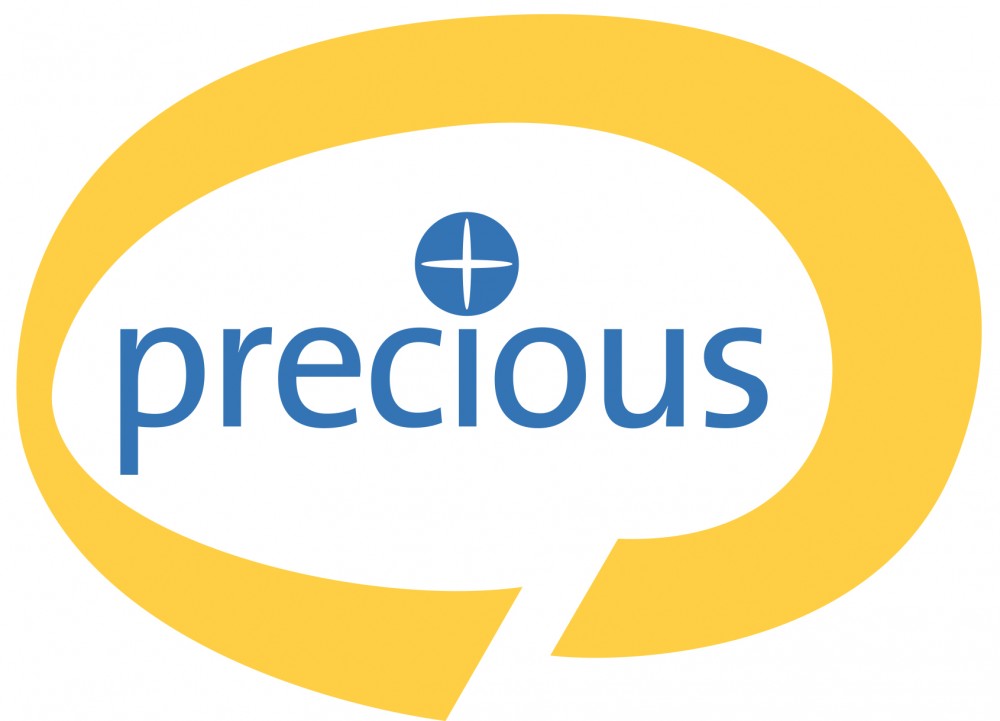Every year, around 1.3 million Europeans have a stroke. Twenty to 35% of the patients die in the first month after stroke, and around one third remain dependent on the help of others. The annual costs for stroke care in Europe are estimated at € 64.1 billion. Mainly in the first days after stroke onset, patients are at risk of complications, such as infections and fever. These complications are strongly and independently associated with a higher risk of death or dependency. This week, we bring you an interview with Jeroen de Jonge, Neurology Resident, UMC Utrecht, a trial manager of PRECIOUS, a trial that is looking for ways to improve the recovery of stroke patients aged 66 years or older.
SAFE: If you were to explain the project’s aim to a person without any medical background, what would you say?
The PRECIOUS trial stands for ‘PREvention of Complications to Improve OUtcome in elderly patients with acute Stroke’. This medical trial is an EU-funded Horizon 2020 collaborative research project dedicated to look for ways to improve the recovery of stroke patients aged 66 years or older. After a stroke, patients can have complications, such as fever or a pneumonia. Patients who have a complication after stroke, usually recovery worse than patients without a complication. Normally, the complications are treated when symptoms become obvious. Fever is treated with paracetamol, nausea and vomiting with metoclopramide, and infections are treated with antibiotics. In this trial, we give the treatments before symptoms occur, to test if we can prevent the complications and thereby improve recovery.
SAFE: What types of partner do you need to carry out a project like this?
The setting-up, conduct and management of a trial like PRECIOUS involves many different partners and organizations. PRECIOUS is carried out in about 80 hospitals in 9 European countries. Before starting medical research with patients, it has to be approved by regulatory authorities, which assess if your trial is useful, safe, ethical and feasible. In every participating hospital, there is a dedicated doctor who helps with setting-up the trial. However, sometimes the rules and regulations are so complex, that a specialized research organization is involved to help this process.
During the course of the trial, several partners are involved, each with a specific task. For example, there is a safety team that collects information about potential side effects of the drugs, to keep an eye on the safety of the treatments. A different team designs an electronic data system, which is a safe online platform where local investigators can fill in patient data. Also, there is a team that visits the hospitals periodically, to monitor if the trial is being performed according to the rules. Also, at the end of the trial, a lot of information is gathered, and we need a statistical team to process all the information to determine if the treatments are effective. However, these are just a few examples, and you need a lot of partners to carry out such as project.
SAFE: Can you briefly describe your role in the project?
My role as a trial manager is to oversee all processes related to PRECIOUS on a day-to-day basis. The work is very broad and consists, for example, the general management of the trial, support with obtaining regulatory approvals, setting-up participating hospitals, including patients into the trial, and answering questions of local investigators about patient recruitment, data collection or follow-up of patients.
SAFE: What (if any) are the difficulties with carrying out the work?
Obtaining regulatory approvals in different countries and hospitals requires a lot of paperwork and bureaucratic tasks. This process takes a lot of time. Off course, it is very important that research is assessed very carefully before it can start, but sometimes specific aspects of the research are being assessed multiple times. It takes a lot of time before the research can actually start, and that is sometimes challenging.
SAFE: What personally attracted you to be in this project?
Stroke is the world’s second largest cause of death and the third cause of long-term disability.
Many patients suffer from a stroke on a daily basis. However, there are still limited treatment options available. Because of medical research, there has been considerable progress in the treatment of stroke and new effective treatment options have become available in the past decade. The possibility support research that looks for new ways to treat stroke is what personally attracts me in this project.
SAFE: When this project ends, what do you expect to change, i.e. how it will reflect on stroke treatment?
We hope to find a simple, safe and effective treatment strategy for patients who have had a stroke, which can prevent the development of complications and improve recovery after stroke.
PRECIOUS has received funding from the European Union’s Horizon 2020 research and innovation programme under grant agreement No 634809.





